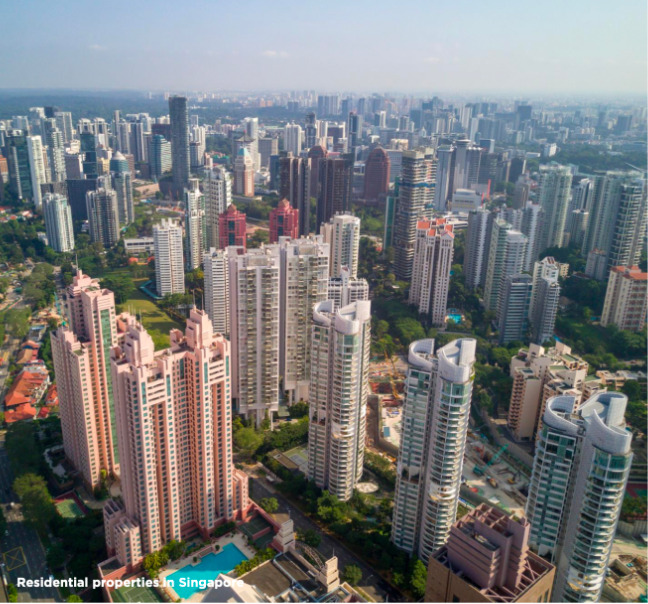Introduction
In the Singapore Budget 2022, the government will increase the property tax rates for residential properties in two stages over 2023 and 2024. The higher tax rates will apply to the more expensive housing.
On 1 January 2023, for owner-occupied residential properties, the property tax rates for the portion of annual value (AV) in excess of S$30,000 will increase from the current 4% to 16% to 5% to 23%. One year later on 1 January 2024, they will be raised to 6% to 32%. The Annual Value of a property is the estimated annual rent of the property if it were to be rented out.
The property tax rates for non-owner-occupied residential properties will be raised from the current 10% to 20% to 11% to 27% starting next year, and then to 12% to 36% on 1 January 2024.
The Good News
Although the increase in the property tax rates appears to be rather large, it would not have a significant negative impact on the housing demand.
First, the government did not introduce a new type of wealth tax, as some had anticipated earlier. If there is a new type of wealth tax that is linked to the individual’s ownership of real estate, in additional to the existing property tax, it would increase the tax burden for property owners and could possibly curb real estate investment demand.
Second, most of the increase in property tax will fall on the more expensive properties with higher Annual Values (AV), which make up a smaller proportion of the stock of real estate in Singapore. The government said that only 7% of owner- occupied properties will be affected by the higher tax rates.
These residential properties are usually high-end residential properties in the Core Central Region (CCR) that are owned by the wealthy who can easily afford the increase in property taxes. The incremental amount of property tax is not that significant compared to the potential increase in capital values of these luxury properties and the bragging rights that these real estate provide to the owners.
Third, the sharper increase in the property tax rates that apply to non-owner-occupied residential properties, such as investment properties, will not be so large that they would deter investors from holding real estate. There are bigger financial hurdles, such as Additional Buyer’s Stamp Duty (ABSD) and the Total Debt Servicing Ratio (TDSR), that property investors must face if they want to buy and own investment properties. In addition, other expenses incurred by property investors such as property maintenance costs and commissions paid to property agents to rent out the properties, would typically outweigh the increase in property tax.
On the whole, if property investors are willing to fork out the other expenses and taxes that are necessary to invest in real estate, the incremental property taxes would also be something that they could accept. It would not be the straw that breaks the camel’s back.
Fourth, the increase in property tax rate for owner-occupied home will not change the strong culture of home ownership here. Although some home owners would have to pay incremental sums ranging from tens of dollars to more than a thousand dollar in property tax each year, this would not discourage them from owning their own homes.
The Ministry of Finance claimed that 93% of owner-occupied property will not be affected by the higher property tax rates. These properties include HDB flats, most condominiums, apartments and low-value landed property. Therefore, the new tax rates would not affect property prices.
The Bad News
In the longer term, the higher property tax rates are here to stay. It is highly unlikely that the government will lower the property tax rates after raising them. The government could adjust the property tax for individual residential property by adjusting the annual value of the property. Therefore, the higher tax rate is only half the story about the property tax payable in the future. Currently, only 7% of owner-occupied homes will be affected by the higher tax rates. But this number could rise over time.
Second, the higher property tax would reduce the net rental yield for residential properties. As a result, investors would rely even more on capital appreciation when they invest in real estate. In order to capitalize on the price appreciation, investors would have to time the market to trade real estate. Ironically, the frequent trading of properties is what the government discourages with the various rounds of market cooling measures.
Figure 1: Current Owner-Occupier Property Tax Rates
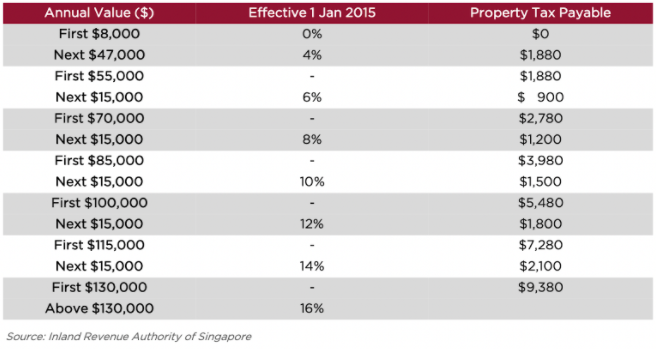
Figure 2: Current Non-Owner-Occupier Property Tax Rates
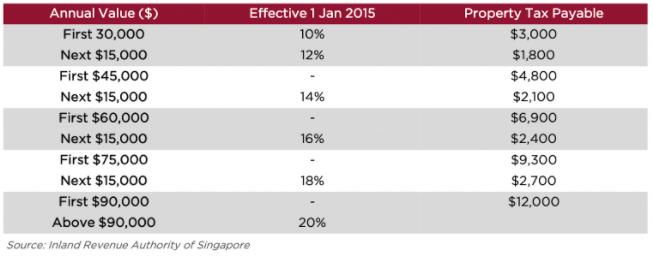
Figure 3: New Owner-Occupier Property Tax Rates
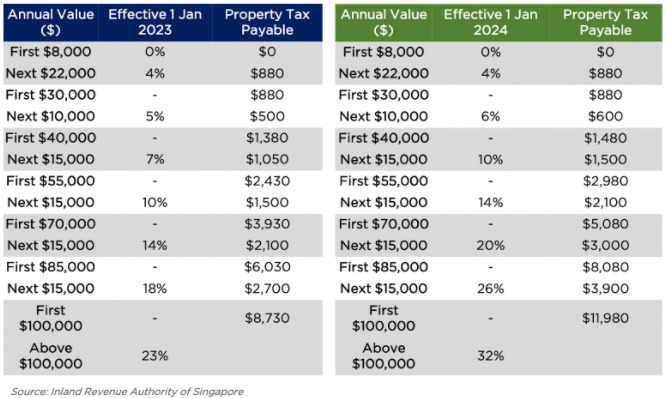
Figure 4: New Non-Owner-Occupier Property Tax Rates
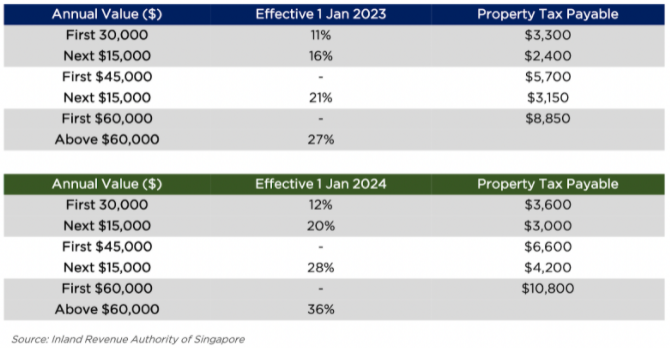
CONCLUSION
The higher property tax rates will not discourage a large majority of people from buying residential properties, either as their own homes or for investment. The tax hike is not a property cooling measure, but another way for the government to fill its coffers. The government estimated that the increase in property tax rates could raise an additional $380 million in tax revenue each year. The objective of the new tax rates is to draw more milk from the cow, but not to kill to cow.
We will help you plan and find a property with financial prudency

